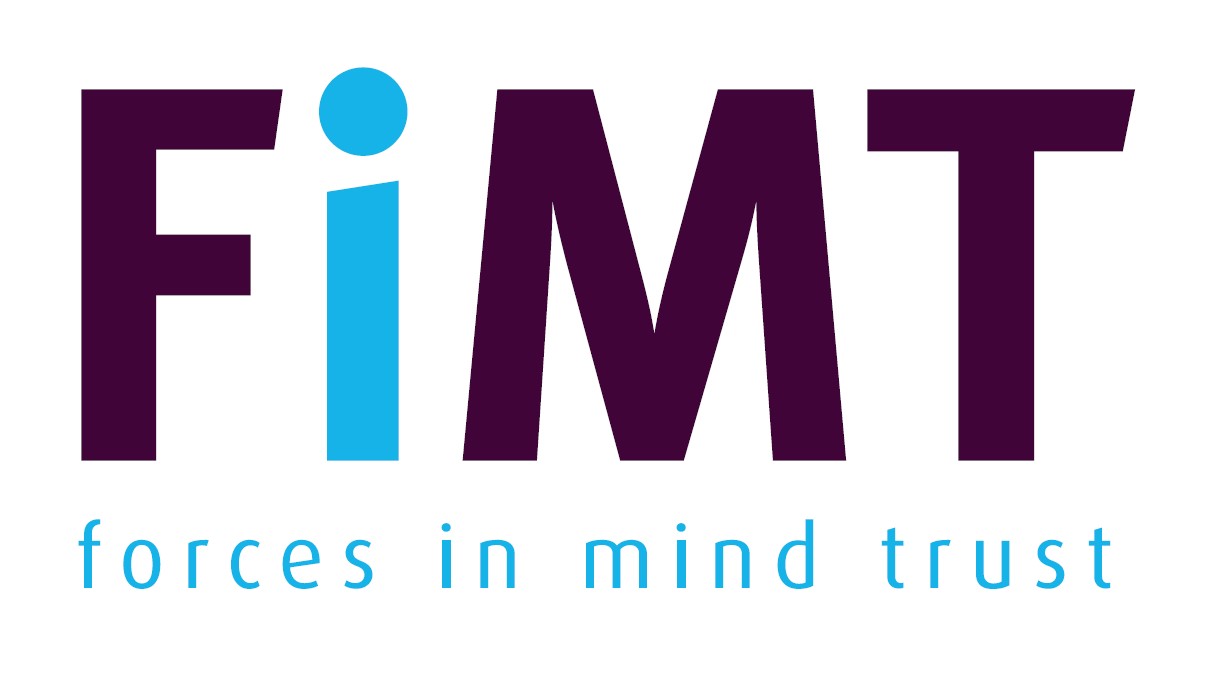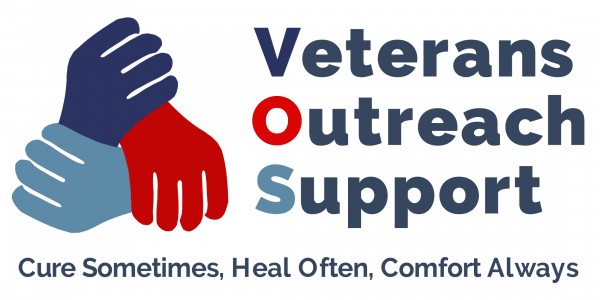Forces in Mind Trust (FiMT) funded research released today, Tuesday 14th November, reveals stigma does not have a significant impact in preventing ex-Service personnel from seeking help for mental health problems. Research by King’s College London shows that the decision to seek help is mainly influenced by the veteran’s perceived need for treatment.
Information was gathered from 62 in-depth telephone interviews with male veterans who had left the Armed Forces in the last five years. Interviews focused on veterans’ perception of their own mental health, of barriers and facilitators to help seeking, and their mental health care experiences.
The report explores the barriers and facilitators to care for the UK veteran population and how these impact on the help seeking behaviour a veteran with mental health problems may experience on their journey to mental well-being. Findings show the journey typically starts with veterans first recognising they have a mental health problem, before deciding whether to seek treatment (which could be influenced by many factors, from fear and stigma, to whether they think they need treatment or believe it could help). To conclude the journey, veterans must continue to be deemed eligible for treatment by the system, as well as retaining a belief that the treatment is working.
Although mental health stigma was a concern highlighted by all veterans in the study, this did not have a significant impact on help seeking, and where it did, it was only on their initial interaction with mental health services. Evidence shows the decision to ask for help was mainly affected by the perceived need for treatment. Those not in mental health treatment failed to recognise their problems as ‘a mental health disorder’ as they had not yet reached a ‘crisis point’; while those who were in treatment typically had reached this crisis point, and as such, their need for treatment was made known to others either due to a serious event, or to another’s intervention. Once in support, veterans’ positive beliefs about the utility of the treatment had a huge impact on whether they stayed in treatment.
For some veterans who experienced mental health distress more than once, their interaction with mental health support took one of three patterns:
- Consistent failure to identify a problem and the need for treatment
- Initial negative experiences with care resulting in negative beliefs about its use and blocking future progression through the support system
- The most frequently discussed recurrent barrier to care: the provision of mental health support itself. Time and again veterans failed to engage successfully with the mental health support system due to eligibility issues, waiting list issues, and to services being withdrawn by providers
Dr Stevelink, Lecturer in Epidemiology at King’s College London, and Professor Neil Greenberg, Professor of Defence Mental Health said: “This research aimed to identify the most important barriers and facilitators that should be targeted to improve help seeking in veterans with mental health problems. We found a number of novel and important results. Firstly, many veterans with mental health problems fail to seek help because they just cannot define what constitutes a mental health problem. Once they do recognise they probably have a condition that they cannot sort themselves, they feel unworthy of seeking care.
“Secondly, and rather interesting, we identified that stigma is an important barrier to seeking care but only for those who have never sought mental healthcare before. Those who have successfully sought care before are in fact rather likely to do so again if they develop another mental health problem. Thirdly, and of particular relevance to care providers, we found that any initial poor treatment-seeking experience led to a lack of help seeking if a mental health condition persisted or if the individual developed a subsequent disorder. We now hope to develop interventions, based on the key ‘treatment seeking levers’ the research identified, to improve help seeking for mental health within the UK military veteran population.”
Ray Lock CBE, Chief Executive of Forces in Mind Trust, said: “This timely research shows that the barriers to accessing mental health support are far more complex than stigma alone, and that stigma seems to play a far smaller role than previously thought. Issues related to support structure bureaucracy, and poor treatment experiences appear to have a much larger impact on the likelihood of veterans seeking and remaining in mental health support through to a successful outcome.
“We hope that the recommendations from this study are noted and actions taken to help prevent some of the barriers that are within the control of others, and to help educate veterans about mental health and the importance of taking action early.”
You can read a copy of the report here
<<ENDS>>
Notes to Editor: Ray Lock is available for interview. To arrange please contact Tina McKay, Communications Officer at FiMT on co@fim-trust.org or on 07956 101132 or 0207 901 8916.
About the Forces in Mind Trust (FiMT):
FiMT came about from a partnership between the Big Lottery Fund (‘the Fund’), Cobseo (The Confederation of Service Charities) and other charities and organisations. FiMT continues the Fund’s long-standing legacy of support for veterans across the UK with an endowment of £35 million awarded in 2012. http://www.biglotteryfund.org.uk/.
The mission of FiMT is to enable ex-Service personnel and their families make a successful and sustainable transition to civilian life, and it delivers this mission by generating an evidence base that influences and underpins policy making and service delivery.
FiMT awards grants (for both responsive and commissioned work) to support its change model around 6 outcomes in the following areas: Housing; Employment; Health and wellbeing; Finance; Criminal Justice System; and Relationships. All work is published in open access and hosted on the Forces in Mind Trust Research Centre’s Veterans and Families Research Hub. A high standard of reportage is demanded of all grant holders so as to provide a credible evidence base from which better informed decisions can be made.
Useful links
- Website: www.fim-trust.org
- Reports: www.fim-trust.org/reports/
- Who we have helped: www.fim-trust.org/who-we-have-helped/
- Twitter: @FiMTrust
About King’s College London
King’s College London is one of the top 25 universities in the world (2017/18 QS World University Rankings) and among the oldest in England. King’s has more than 26,500 students (of whom nearly 10,400 are graduate students) from some 150 countries worldwide, and nearly 6,900 staff. The university is in the second phase of a £1 billion redevelopment programme which is transforming its estate.
King’s has an outstanding reputation for world-class teaching and cutting-edge research. In the 2014 Research Excellence Framework (REF) King’s was ranked 6th nationally in the ‘power’ ranking, which takes into account both the quality and quantity of research activity, and 7th for quality according to Times Higher Education rankings. Eighty-four per cent of research at King’s was deemed ‘world-leading’ or ‘internationally excellent’ (3* and 4*). The university is in the top seven UK universities for research earnings and has an overall annual income of more than £600 million.
King’s has a particularly distinguished reputation in the humanities, law, the sciences (including a wide range of health areas such as psychiatry, medicine, nursing and dentistry) and social sciences including international affairs. It has played a major role in many of the advances that have shaped modern life, such as the discovery of the structure of DNA and research that led to the development of radio, television, mobile phones and radar.
King’s College London and Guy’s and St Thomas’, King’s College Hospital and South London and Maudsley NHS Foundation Trusts are part of King’s Health Partners. King’s Health Partners Academic Health Sciences Centre (AHSC) is a pioneering global collaboration between one of the world’s leading research-led universities and three of London’s most successful NHS Foundation Trusts, including leading teaching hospitals and comprehensive mental health services. For more information, visit: www.kingshealthpartners.org.

















